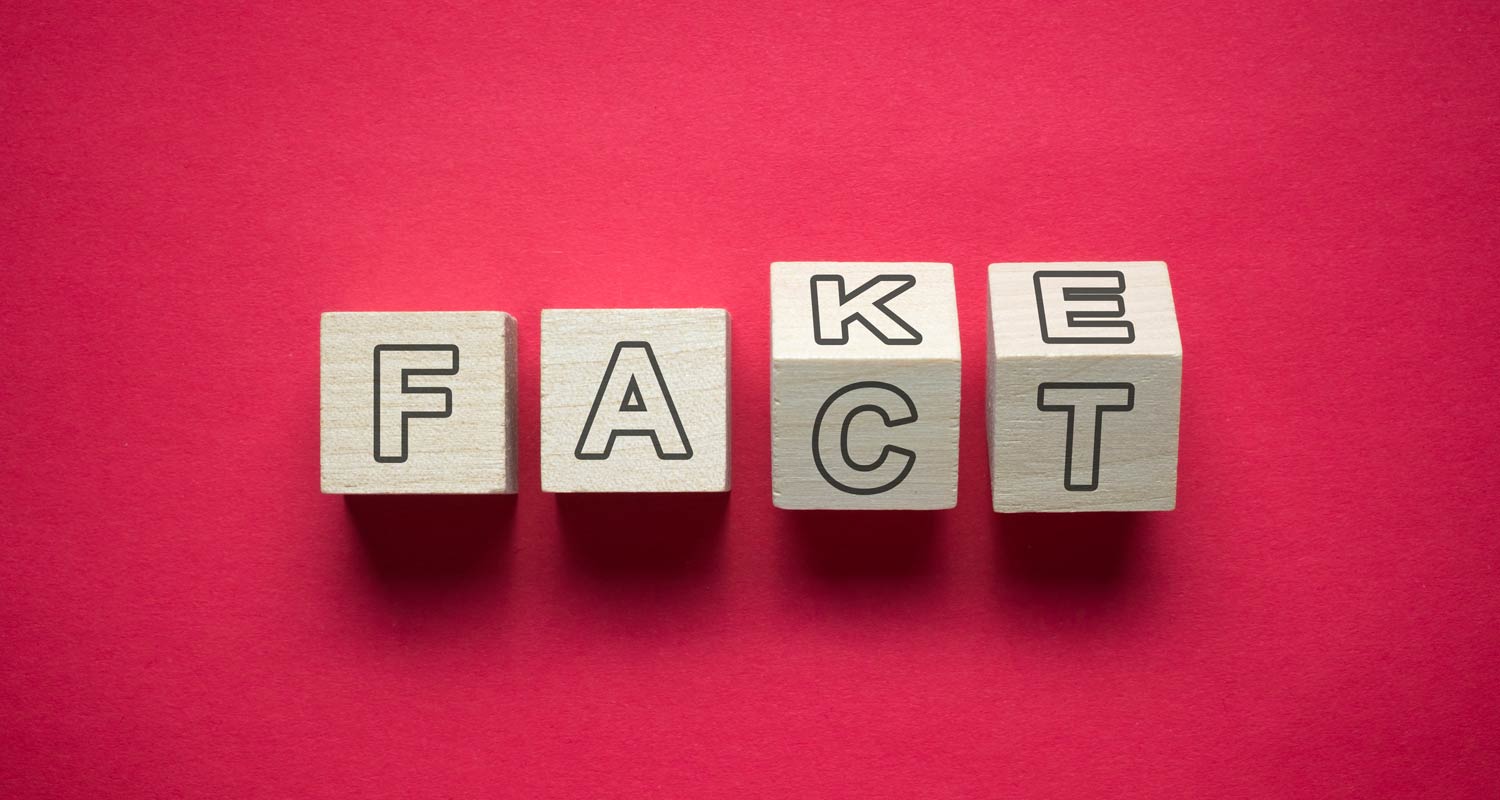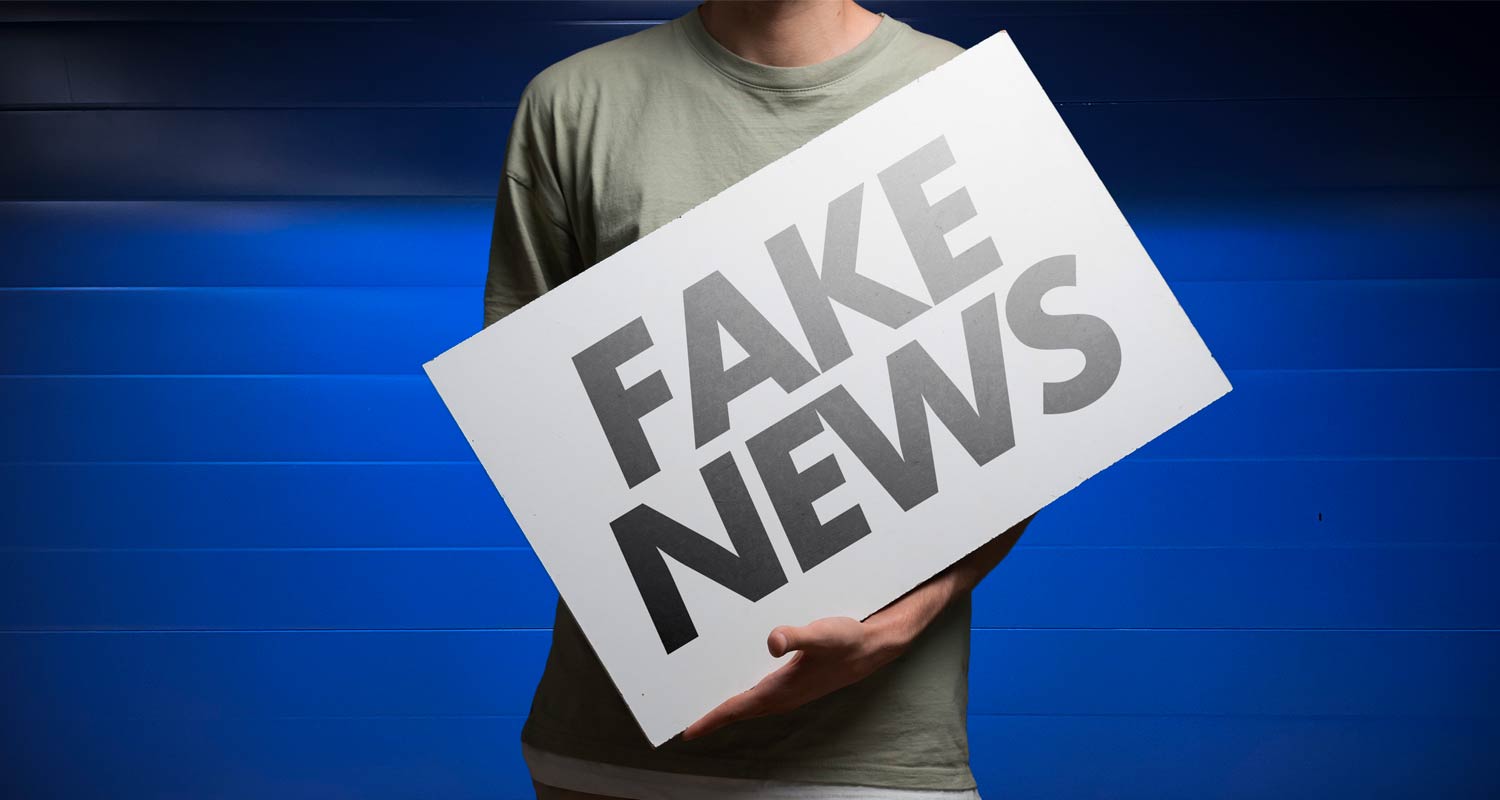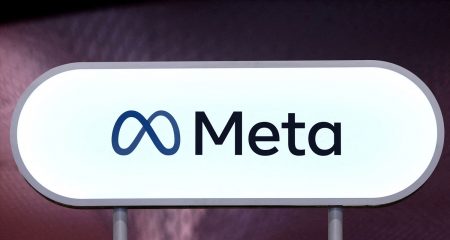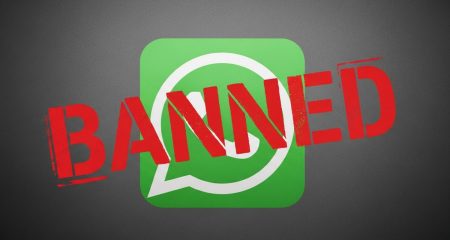 The Electoral Commission of South Africa (IEC) has partnered with Google, Facebook parent Meta Platforms, TikTok and non-profit organisation Media Monitoring Africa (MMA) to curb disinformation ahead of South Africa’s 2024 national and provincial election.
The Electoral Commission of South Africa (IEC) has partnered with Google, Facebook parent Meta Platforms, TikTok and non-profit organisation Media Monitoring Africa (MMA) to curb disinformation ahead of South Africa’s 2024 national and provincial election.
In an era dominated by the constant buzz of social media, where bots, “likes” and shares shape our perceptions, discerning truth from fiction can be daunting. What may seem like a straightforward fact often conceals a web of propaganda designed to influence elections and manipulate public opinion.
Real411 is the official platform for reporting misinformation and disinformation in the lead-up to the 2024 poll. All election complaints are shared with the IEC’s Directorate for Electoral Offences, which carefully assesses each case and ensures appropriate measures are taken.
William Bird, MMA director, said the Real411 platform takes proactive measures against disinformation.
“Upon careful review of any reported complaint indicating disinformation or misinformation, the commission promptly notifies the relevant online platform. The platform is expected to acknowledge and swiftly process the notification, ensuring a diligent response,” Bird said.
Real411 was created by MMA to empower citizens with the means to combat digital disinformation. “When you report an instance of digital disinformation to Real411, you are not just raising awareness, you are also initiating action and safeguarding the integrity of the upcoming election,” its website said.
Not immune
South Africa has not been immune to fake content on social media created with the express aim of misleading and shifting political or social discourse. Just one example was the “white monopoly capital” campaign reportedly linked to the notorious Gupta family that was allegedly at the heart of state capture corruption under President Jacob Zuma.
Freedom House, a US organisation devoted to the support and defence of democracy around the world, found that the July 2021 riots in KwaZulu-Natal is a more recent example of social media being used to foment instability in South Africa.
Read: ‘Hacking the electorate’: the tech threat to the 2024 election
“An expert panel appointed by [President Cyril Ramaphosa] revealed that false information spread on social media contributed to the violence that took place during the civil unrest,” Freedom House said.
Meanwhile, the Democratic Alliance this week said it is pursuing legal action against a Richards Bay businessman, Sheldon Cramer, for allegedly posting fake and manipulated content across social media platforms.
 Operating under the TikTok handle @bobbygreenhash, Cramer allegedly disseminated a fabricated audio clip claiming to feature DA MP Glynnis Breytenbach confirming that federal leader John Steenhuisen had leveraged the Western Cape as collateral for a multimillion-rand loan from Amazon.com founder Jeff Bezos’s family foundation.
Operating under the TikTok handle @bobbygreenhash, Cramer allegedly disseminated a fabricated audio clip claiming to feature DA MP Glynnis Breytenbach confirming that federal leader John Steenhuisen had leveraged the Western Cape as collateral for a multimillion-rand loan from Amazon.com founder Jeff Bezos’s family foundation.
The voice note also included a direct threat against Steenhuisen.
Cramer went on to assert that Nasa planes circling Cape Town were evidence of this alleged transaction, urging people to act before it was too late.
TikTok has since removed the video, and Cramer seemingly deleted it from his Facebook page, but the video is still available on various social media platforms and has been circulated widely through WhatsApp.
The DA has initiated legal proceedings against Cramer under sections of the Cybercrimes Act for his alleged role in disseminating defamatory statements. The party said the use of social media, artificial intelligence and electronic systems to fabricate and publish fraudulent content cannot be dismissed as harmless.
“In the face of the evolving landscape of disinformation, and on the eve of a seminal election, the party stands prepared to employ all available legal means to hold accountable those who seek to undermine the principles of transparency and honesty in our democratic society. We call on all South Africans to join us in this fight against the rise of deepfake content,” the party said. – © 2023 NewsCentral Media




